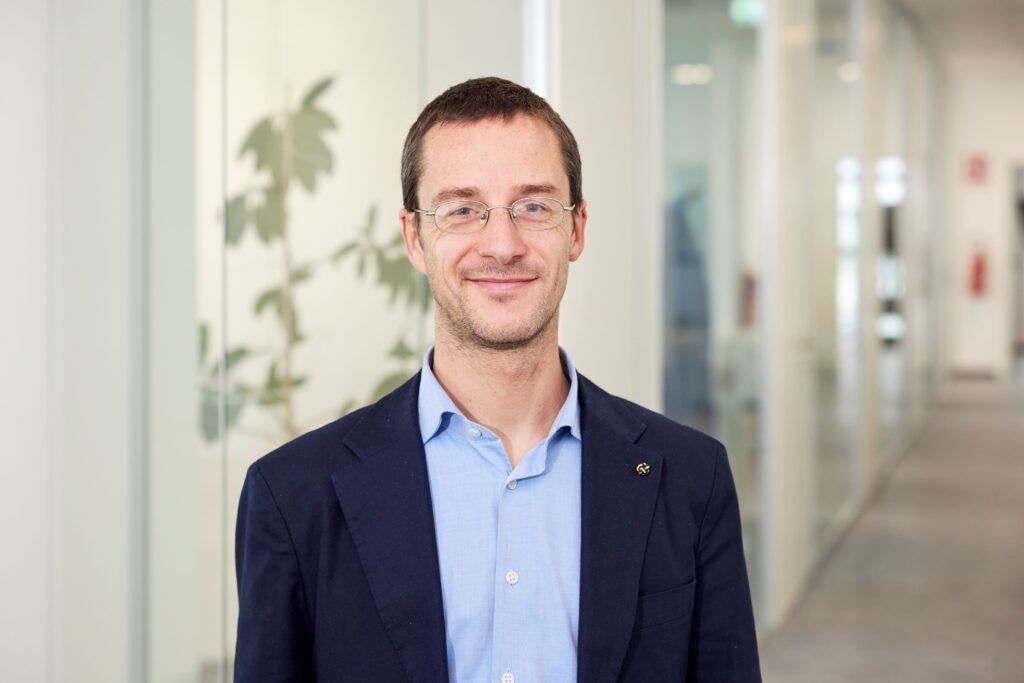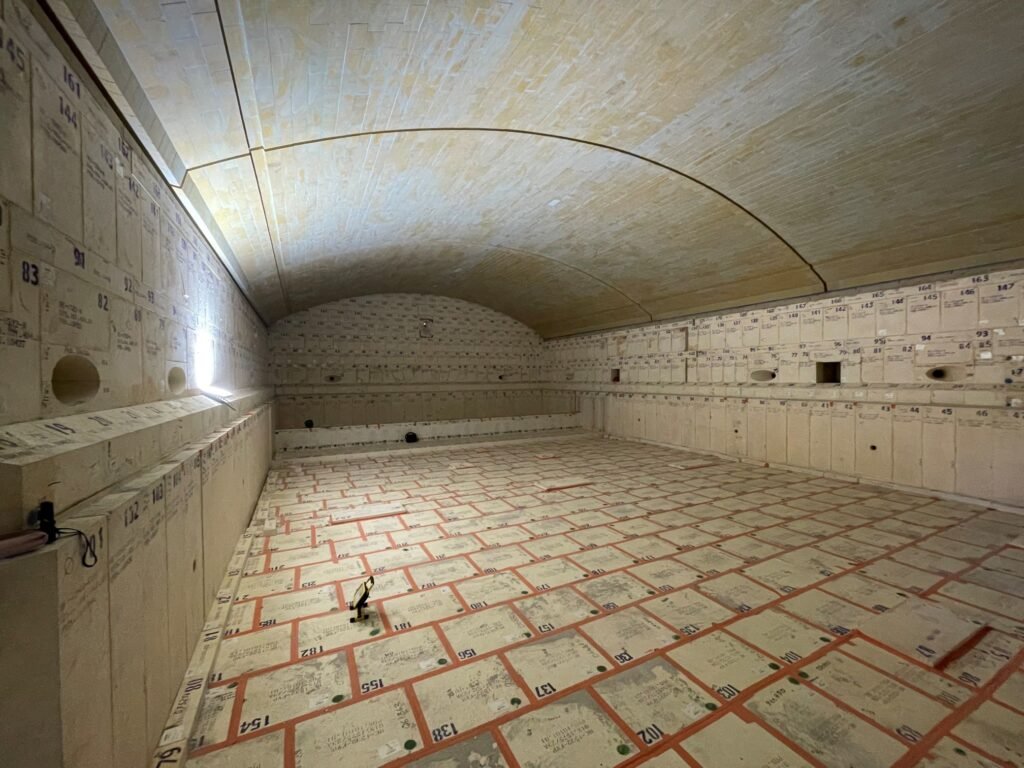Vetropack defines targets and submits them to the “Science Based Targets initiative”.
The Vetropack Group, one of Europe’s leading glass packaging manufacturers, has submitted specific targets for reducing CO2 emissions to the Science Based Targets initiative (SBTi) for validation. By 2032, Scope 1 and 2 emissions are to be reduced by 50.4 percent and Scope 3 emissions by 30 percent. SBTi is a global organisation that assists companies in setting targets aligned with climate science and the Paris Agreement.
Vetropack first announced its commitment to the Science Based Targets initiative (SBTi) back in 2022. The company has now defined and submitted emission reduction targets. Vetropack aims to reduce absolute Scope 1 and 2 emissions by 50.4 percent and absolute Scope 3 emissions by 30 percent by 2032 – using 2021 as the reference year.
Scope 1 emissions are direct emissions from Vetropack’s own production, while Scope 2 emissions are indirect emissions caused by the purchase of electricity. Scope 3 emissions are indirect emissions caused by processes outside the company but related to Vetropack’s production and operations.
“Climate change will not happen at some point in the future: the climate has already changed and it is our responsibility to contribute to tackling the climate crisis,” says Nicolas Lootens, Group Sustainability Manager. “By defining our goals in line with the Science Based Targets initiative, we are now taking an important step in this direction.”


The scopes at a glance
In total, emissions from Scope 1 and Scope 2 combined accounted for 57 percent of all of Vetropack’s greenhouse gas emissions in the reference year 2021. Scope 3 emissions accounted for 43 percent. Within Scope 1 and Scope 2 emissions, natural gas as the main source of energy for glass production is responsible for the majority of Vetropack’s greenhouse gas emissions, accounting for around two thirds. Emissions caused by processes such as glass melting account for a further 20 percent. The remainder is accounted for by electricity consumption at the plants.
Scope 1 and 2 emissions: reduction through energy efficiency and recycled glass
With this in mind, Vetropack has developed a comprehensive plan to achieve the defined reduction targets for Scope 1 and 2 emissions. Repairs to existing and construction of new furnaces comprise the greatest leverage to promote climate protection by ensuring that natural gas is used as efficiently as possible. Technical innovations such as hybrid furnaces reduce the emissions associated with glass production.
Vetropack further achieves significant emission savings by using recycled glass as raw material. Increasing the proportion of recycled content to 70 percent by 2030 is thus another important measure, along with transitioning to 100 percent renewable energy by 2032.
The company is already investing in photovoltaic systems at various YOUR PACKAGING INSIDER locations, including in Austria, Croatia, and Italy. “By investing in renewable energies, we are paving the way for a more sustainable future in glass production,” remarks Nicolas Lootens.


Reducing Scope 3 emissions: focus on supply chains
In terms of Scope 3 emissions, the Vetropack Group is committed to reducing emissions in the categories of purchased goods and services, capital goods, fuel and energy-related activities as well as upstream transportation and distribution by 30 percent by 2032 compared to the base year 2021.
The main sources of CO2 emissions in the purchased goods and services category are soda and packaging materials. As part of the “No Soda Trials”, Vetropack has already conducted successful research on glass production without soda. The trials have demonstrated the formability of bottles made from the soda-free melt.
In terms of packaging materials, Vetropack launched pilot projects at two sites in 2023 to use recycled film to wrap and protect glass containers on pallets. Customers then return the used film to the manufacturer, thus closing the material cycles.
“By defining our goals, we are setting a clear course for our future,” emphasises Johann Reiter, CEO of the Vetropack Group. “It is our responsibility to promote sustainable practices and innovative solutions.”
One current focus of innovation is the storage or use of CO2 emissions generated during the glass manufacturing process as part of so-called Carbon Capture and Storage technologies. In collaboration with an external partner, Vetropack is investigating the possibility of mineralising CO2 from the process gas. These minerals can then be used as raw materials both in glass manufacturing and in other industrial processes.
About the Science Based Targets initiative
The Science Based Targets initiative is a global organisation that enables companies to set ambitious emission reduction targets based on the latest climate science. The organisation aims for companies around the world to halve their emissions by 2030 and reach the Science Based Targets initiative Net-Zero Standard by 2050 at the latest.
The SBTi defines and promotes best practices in setting science-based targets, provides resources and guidance to address barriers to implementation, and independently assesses and approves companies’ targets.

